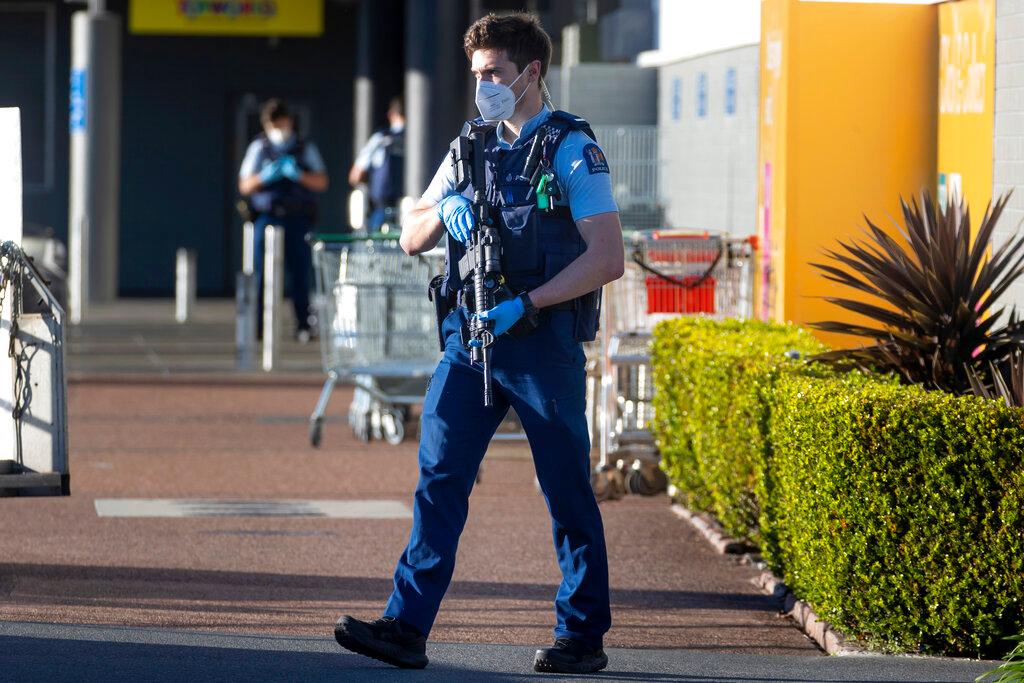NZ outlaws terror attack planning after IS-linked stabbing
The new security law gives police the power of entry, search and surveillance without warrants to prevent the planning and preparation of terroristic acts, among others.
Just In
New Zealand passed a new security law on Thursday that outlaws preparations for terror attacks, closing a loophole exposed after seven people were stabbed and wounded this month in a supermarket in the most populous city of Auckland.
Amid heightened fears of “lone wolf” terror attacks, New Zealand has worked to beef up its laws, but rushed the new law through parliament after the Auckland attack, unleashed by an assailant authorities said had been inspired by Islamic State (IS).
“The nature of terrorism has changed,” Justice Minister Kris Faafoi said in an email. “Across the world there are more lone actors, rather than larger organised groups.”
The measure pulls New Zealand’s security laws in line with most other countries, he added.
It gives police the power of entry, search and surveillance without warrants in their efforts to prevent planning and preparation of terroristic acts and criminalises training in weapons or combat for such purposes.
The Auckland attacker was Aathil Mohamed Samsudeen, a 32-year-old Sri Lankan national, who was shot dead by police just moments afterwards. He had been released in July after spending about three years in jail.
Prime Minister Jacinda Ardern said Samsudeen had been inspired by IS to launch the attack.
In 2020, authorities unsuccessfully sought to charge him with terrorism offences after he bought a hunting knife and was found in possession of IS videos.
However, a judge ruled Samsudeen did not contravene New Zealand’s terror laws at the time. He was released and placed under 24-hour police surveillance.
Subscribe to our newsletter
To be updated with all the latest news and analyses daily.
